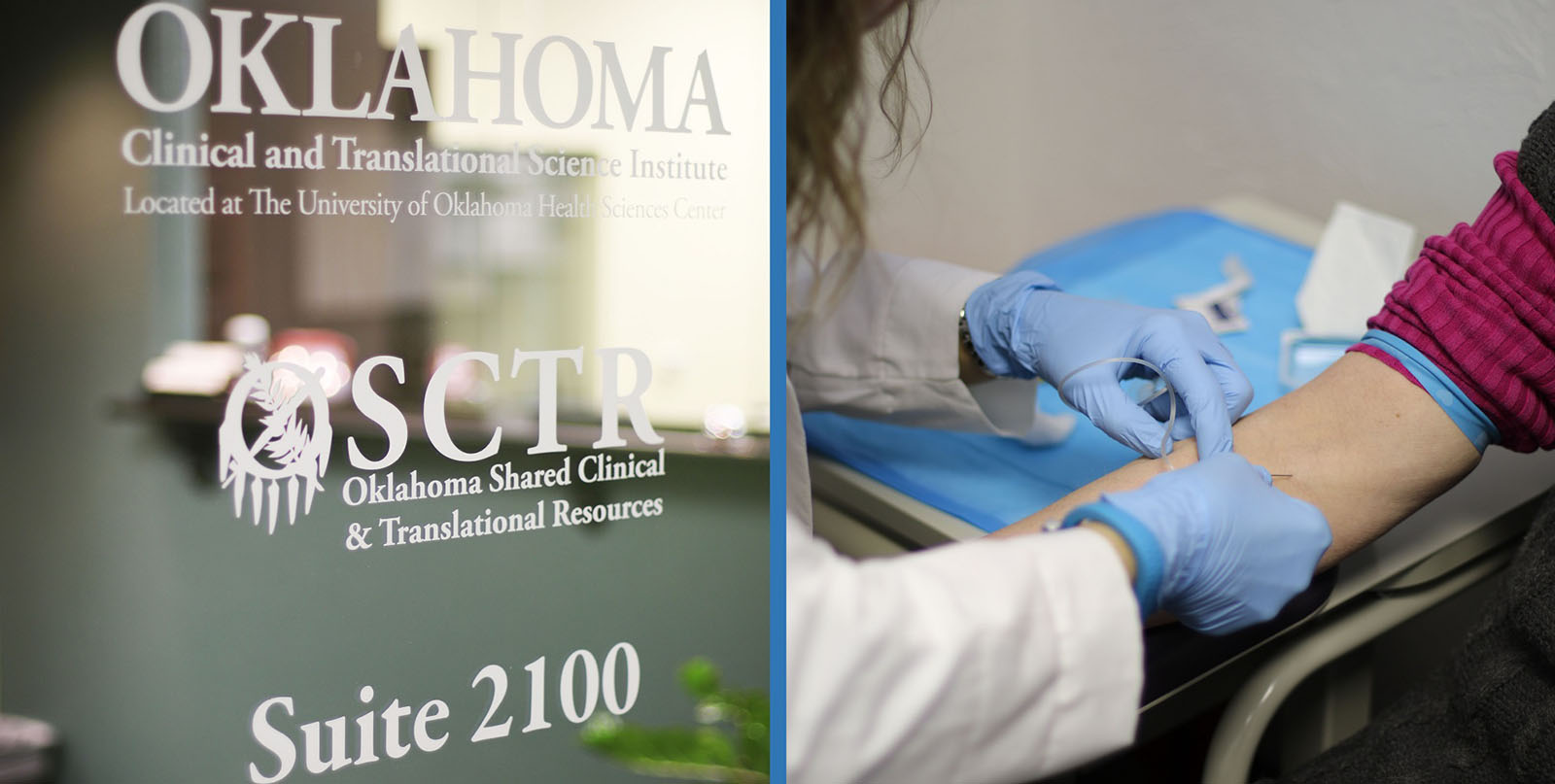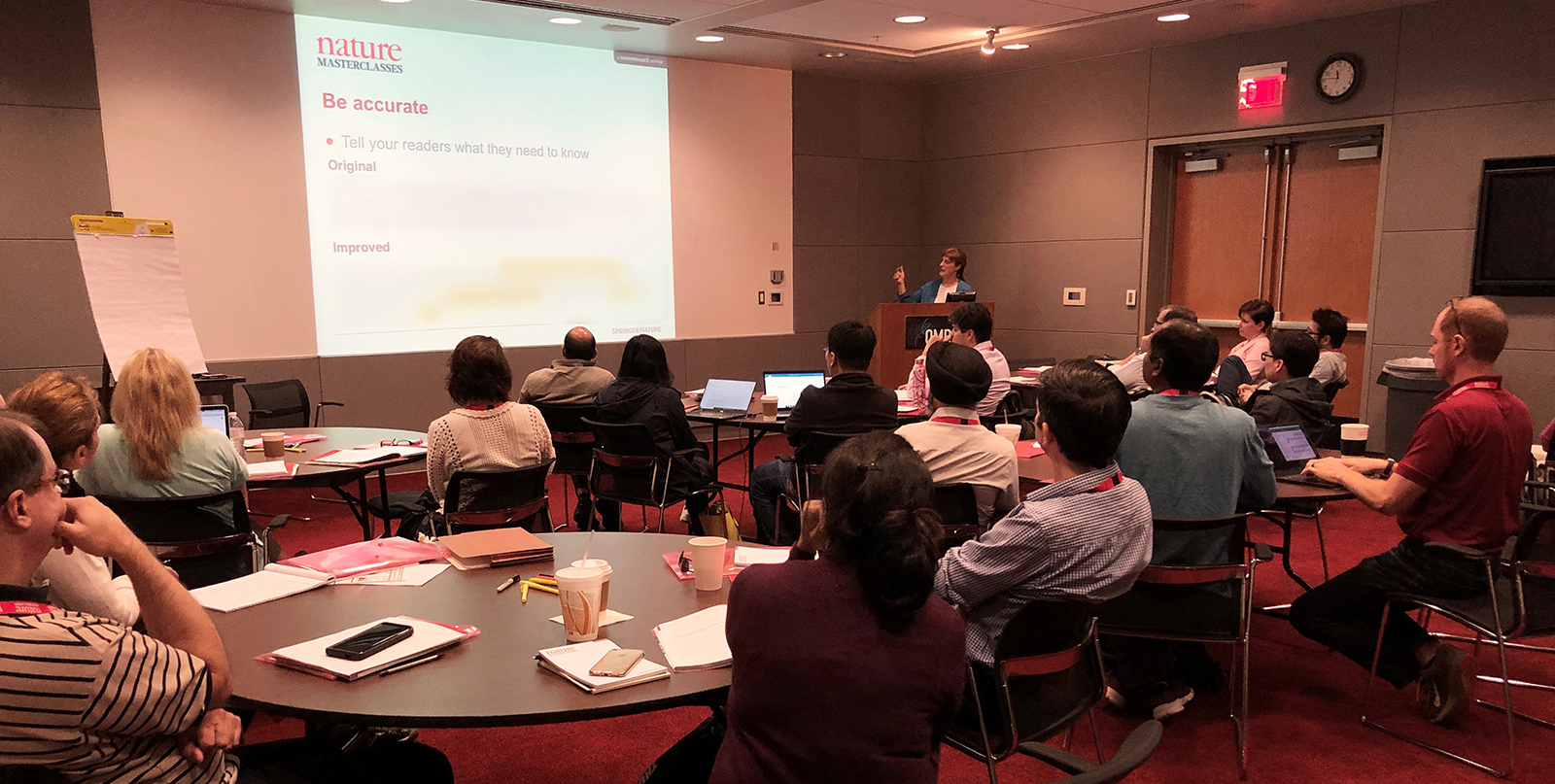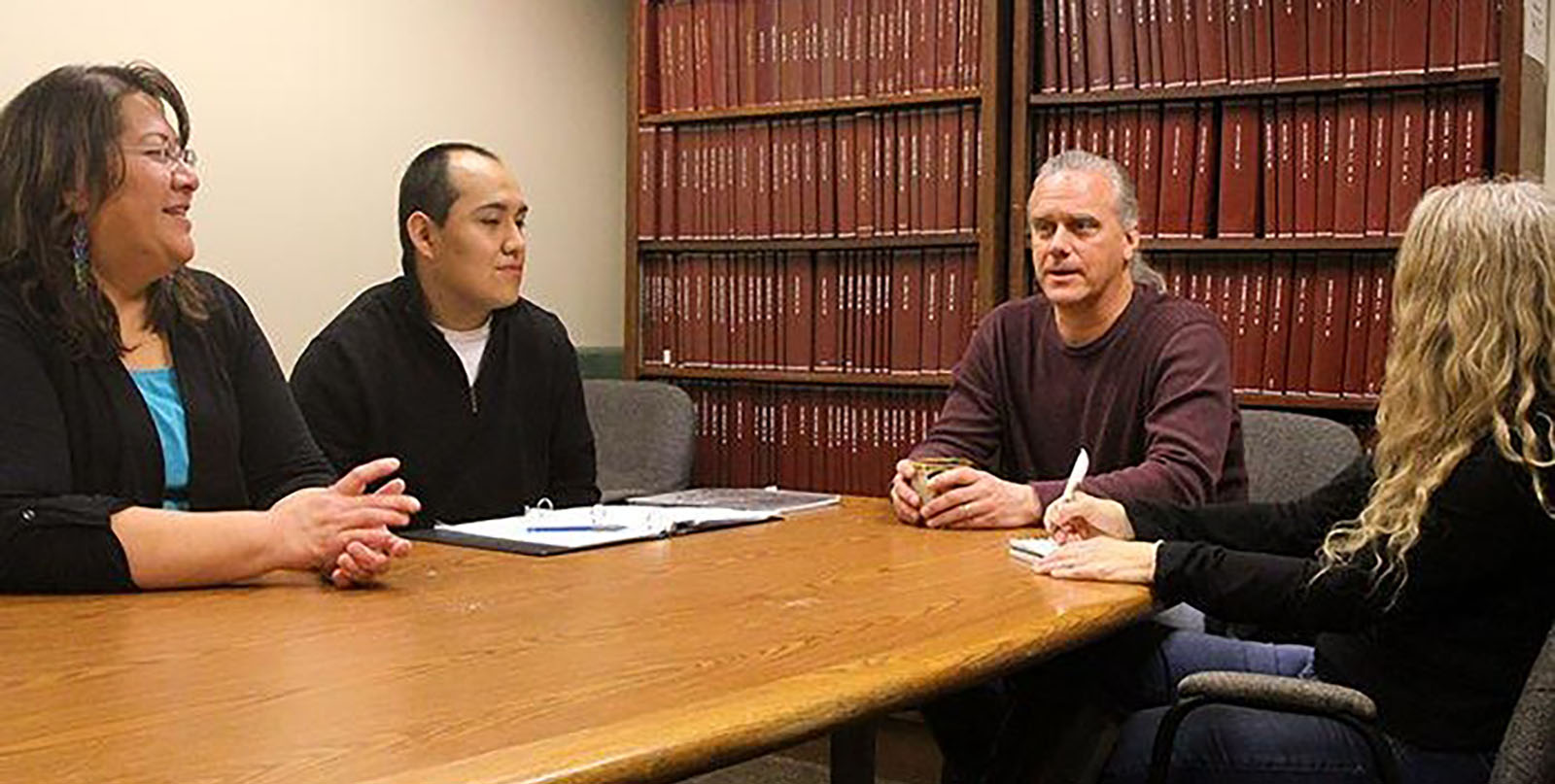New Pilot Grant RFA Released
The Oklahoma Clinical and Translational Science Institute (OCTSI) and Oklahoma Shared Clinical and Translational Resources (OSCTR) is soliciting applications for its Clinical and Translational Research Pilot (CTRP) Grants Program.
Applications are due August 9, 2019
More information can be found at http://osctr.ouhsc.edu/pilots2019
- Read more about New Pilot Grant RFA Released
- Log in to post comments











